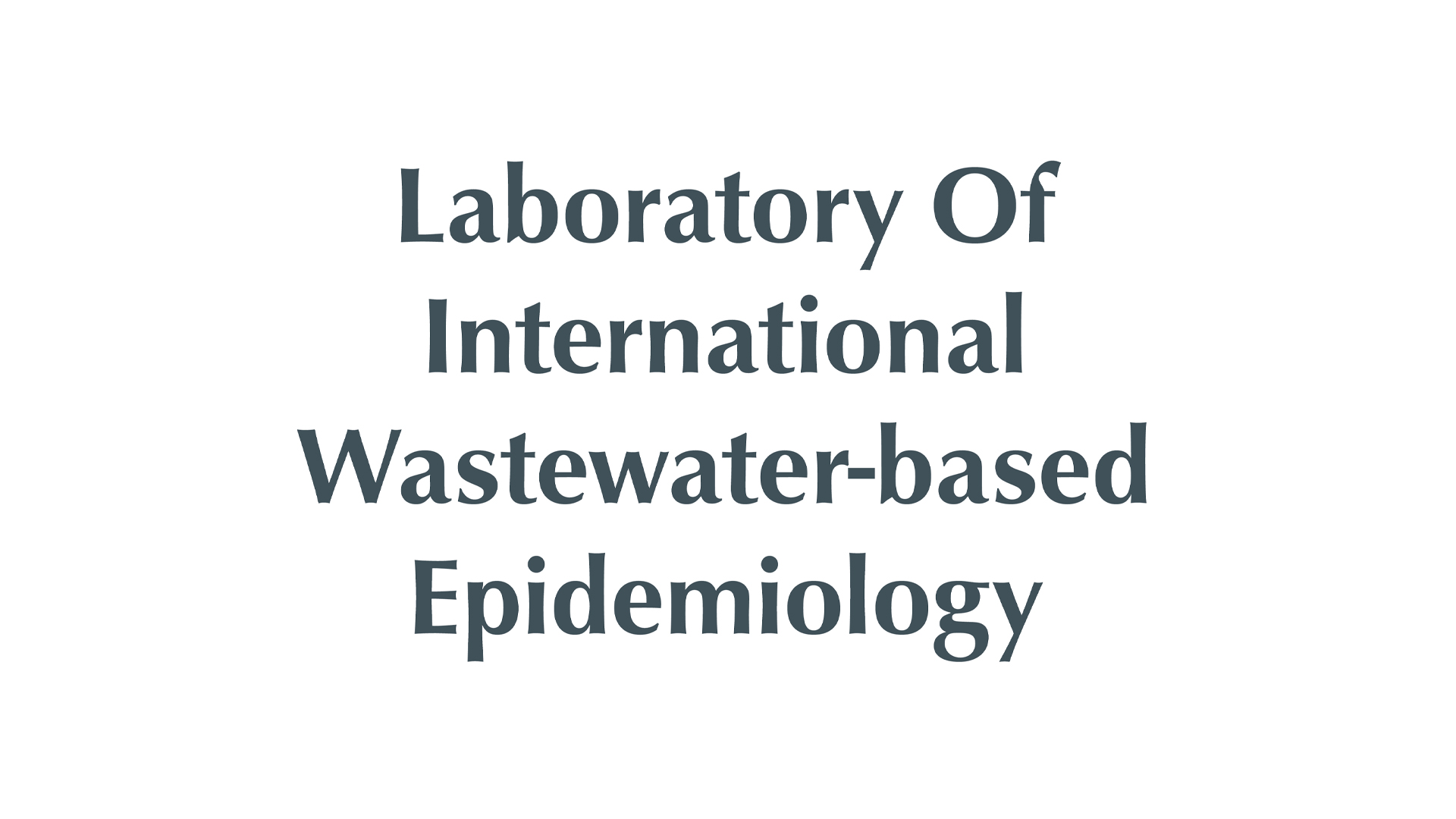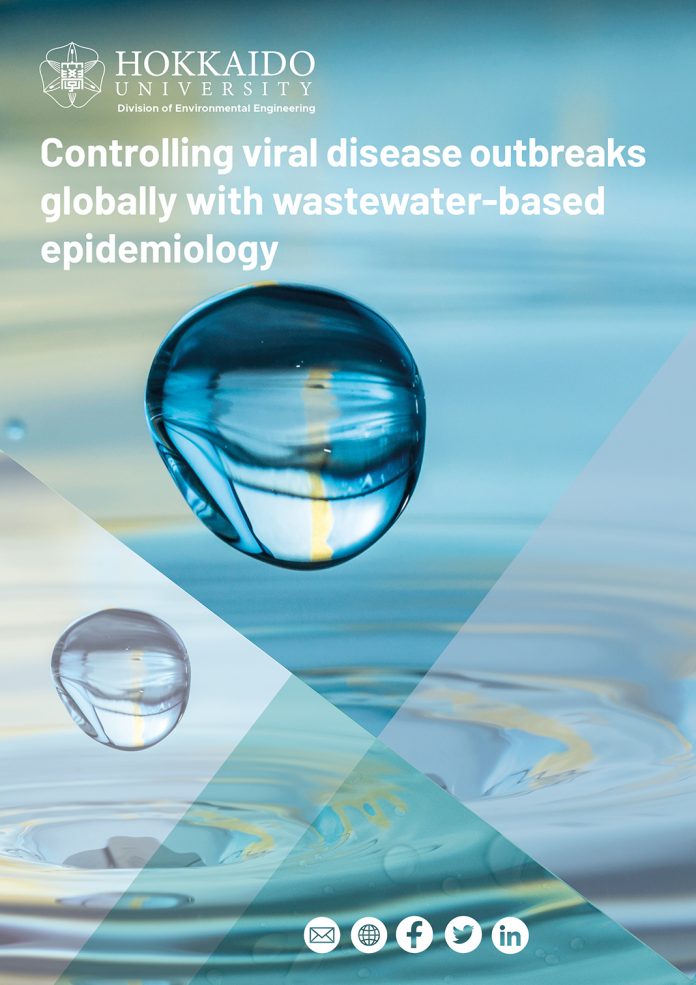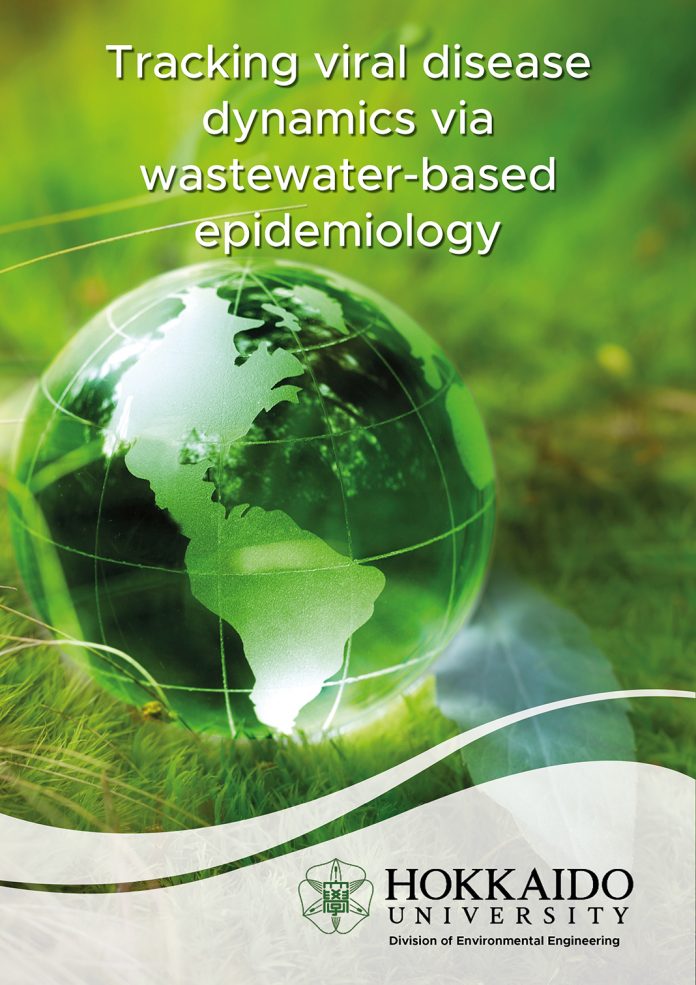The International Wastewater-based Epidemiology Laboratory at the University of Tokyo uses wastewater-based technology to detect and control the dynamics of future disease outbreaks.
The spread and mutation of COVID-19 across the globe has raised questions amongst scientists about how future outbreaks could be managed.
Although the inhalation of aerosolised droplets and person-to-person contact are significant transmission routes of COVID-19, there is growing evidence to suggest that infections can be caused by the presence of viral RNA in the faeces of individuals and in wastewater.
Project Professor Masaaki Kitajima focuses on the benefits of particles found in wastewater to map and forecast future outbreaks.
International Wastewater-based Epidemiology Laboratory at the University of Tokyo
- Social Collaboration Course: funded by leading enterprises such as Shionogi & Co., Ltd. and Shimadzu Corporation, our laboratory conducts collaborative research with these sponsoring companies, facilitating the transformation from research to practical application.
- Wastewater-based epidemiology: a pioneering field that investigates pathogens, such as viruses, in wastewater to monitor population-level trends of infectious diseases and enhance public health.
- Our mission: to contribute to building a resilient society against infectious diseases by advancing this new academic field and implementing wastewater epidemiological surveillance both domestically and internationally.
- International Atmosphere: Our team comprises of faculty and researchers from diverse culture background. We also collaborate strongly with excellent researchers around the world.
With the increasing international human mobility, many infectious diseases, including COVID-19, are being imported from overseas. Furthermore, climate change is increasing the risk of tropical infections, such as Dengue fever, entering the country. Monitoring the cross-border influx of viruses is extremely important from a national security perspective in countering future public health crises.
This research project aims to collect aircraft wastewater and airport terminal sewage at major international airports such as Narita and Haneda. We will conduct surveillance for various viruses, including but not limited to the novel coronavirus (and its variants). Our goal is to demonstrate the feasibility of early detection of cross-border viral infections through a wastewater epidemiological approach.









